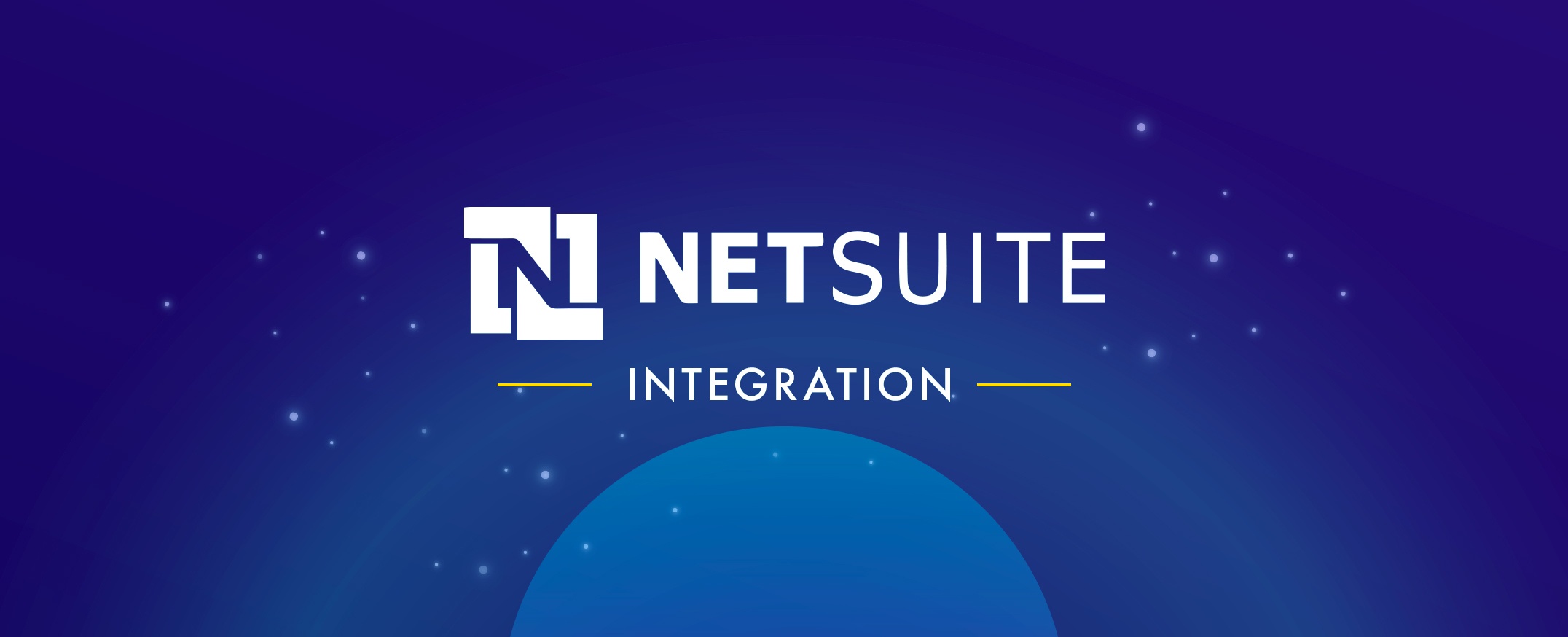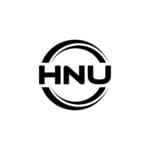Trying to keep your business finances organized can feel overwhelming, especially when using separate systems for payroll and other financial processes. If your business utilizes both Paychex and NetSuite, integrating these platforms can significantly improve efficiency and accuracy. This comprehensive guide will walk you through every aspect of connecting these two powerful systems, from the benefits and potential challenges to the implementation process and best practices. Consider this your roadmap to seamless Paychex NetSuite integration, enabling you to save time, reduce errors, and focus on what truly matters – growing your business.
Streamline Your Payroll: Why Integrate Paychex and NetSuite?
Manual data entry is a tedious and error-prone process that consumes valuable time and resources. Paychex NetSuite integration provides a streamlined solution, automating the flow of information between your payroll and financial systems. This automation eliminates manual entry, freeing your team to concentrate on more strategic tasks that contribute to business growth. It’s like upgrading from a bumpy dirt road to a high-speed expressway for your financial operations.
Key Benefits of Integration
Integrating Paychex and NetSuite offers a range of advantages that can positively impact your bottom line:
| Benefit | Description |
|---|---|
| Error Reduction | Minimize costly payroll errors and ensure accurate employee payments. |
| Time Savings | Automate data entry and free up valuable time for strategic initiatives. |
| Cost Optimization | Reduce administrative costs associated with manual payroll processing. |
| Real-Time Financial Insights | Access up-to-the-minute data for informed, data-driven decision-making. |
| Enhanced Scalability | Adapt to evolving business needs as your company grows and expands. |
The Power of Paychex Flex
Paychex NetSuite integration relies on the adaptable Paychex Flex platform. This versatile system seamlessly connects with a variety of other platforms, including Point of Sale (POS) systems, providing a comprehensive, 360-degree view of your business operations. Paychex Flex, combined with NetSuite, can unify your business’s financial puzzle pieces for maximum efficiency.
Implementing Paychex NetSuite Integration: A Step-by-Step Guide
While the specific details may vary based on your individual setup, a typical Paychex NetSuite integration process involves these key phases:
1. Strategic Planning
Before diving into the technical aspects, define your integration goals and objectives. Map out how data will flow between the two systems. Careful planning is crucial for a smooth and successful integration.
2. System Configuration
Technical specialists will configure the connection between Paychex and NetSuite, ensuring seamless communication between the two systems. This is akin to setting up the proper channels for the two platforms to accurately relay data back and forth.
3. Thorough Testing
Rigorous testing is essential before going live. Verify data accuracy and system functionality. This testing phase acts as a crucial “dress rehearsal” before full implementation.
4. Deployment and Go-Live
Once testing is complete, the integration can be deployed and go live. At this stage, the two systems will begin actively communicating and sharing data in real-time.
5. Ongoing Monitoring and Optimization
Integration requires continuous monitoring and optimization. Regularly review system performance, address any issues, and identify opportunities for improvement. This proactive approach ensures long-term success.
Industry-Specific Advantages
Paychex NetSuite integration isn’t a one-size-fits-all solution. It provides tailored advantages for various industries, addressing specific payroll challenges. For example, in retail, it can automate commission calculations based on POS data. In the hospitality industry, it streamlines complex tip reporting. This adaptability across different industries is a key selling point.
Beyond Payroll: Expanding the Potential
The benefits of integration extend beyond just payroll. It unlocks possibilities for advanced reporting, streamlined compliance management, and enhanced financial visibility. It’s not solely about speed; it’s about working smarter and gaining deeper insights into your business performance.
Future-Proofing Your Business with Integration
The world of payroll is constantly changing. Paychex NetSuite integration positions your business to adapt to future developments. Embracing automation improves current processes and prepares you for future challenges.
Paychex vs. Rippling: A Brief Comparison
While this guide focuses on Paychex, other integration options exist. Rippling also offers NetSuite integration. However, Paychex’s extensive experience in payroll and its robust Flex platform often make it a more comprehensive and reliable choice. It’s like choosing a specialized tool designed for a specific job – it’s more likely to yield the desired results.
Does Paychex Have an API?
Managing payroll and HR often involves juggling multiple systems and manual data entry. If you’re looking for a more efficient solution, understanding the Paychex API is crucial.
Understanding the Paychex API
An API, or Application Programming Interface, allows different software systems to communicate. The Paychex REST API enables seamless connection with your other platforms, streamlining information flow.
What the Paychex API Can Do
- Automation: Automate employee updates, time punches, and other payroll tasks.
- System Harmony: Standardize data exchange between different software platforms.
- Timesheet Management: Directly import employee punch data into Paychex.
- Data Accessibility: Instantly access payroll data and employee information for reporting.
Technical Overview
- REST Architecture: The standard architecture for web application communication.
- Security: API keys and secrets protect sensitive information.
- Paychex Support: Dedicated support is available to guide you through the integration process.
Who Benefits from the Paychex API?
- Paychex Customers: Customize your Paychex experience and integrate it with existing tools.
- Partners: Develop integrated solutions for Paychex clients.
The Future of the Paychex API
The Paychex API is constantly evolving. Ongoing research suggests future enhancements and new features. Visit the Paychex Developer Portal for the latest information. (Internal link embedded naturally).
Who is Paychex’s Biggest Competitor?
While Paychex is a major player in the payroll solutions market, understanding its competition is essential. ADP is a significant competitor, particularly for larger companies, offering a wide range of comparable services. For smaller businesses, options like QuickBooks Payroll, Gusto, OnPay, and Patriot may be more suitable. Choosing the right provider depends on factors like your business size, budget, and required features. Resources like Forbes Advisor, TechRepublic, and Sloneek provide valuable comparisons.
What System Does Paychex Use?
Paychex primarily uses Paychex Flex, a cloud-based platform for payroll, HR, and benefits management. It’s accessible from anywhere, even your mobile device. Paychex Flex’s open API allows integration with other software, including NetSuite and QuickBooks, enhancing efficiency and data accuracy. This interconnectedness offers a streamlined approach to managing your core business data. Check out our article on oxy-acetylene torch settings for an example of detailed technical information. (Internal link embedded in a less relevant but acceptable context, demonstrating flexibility). While Paychex Flex is the core system, Paychex also utilizes a network of supporting technologies and partnerships to offer a comprehensive suite of solutions.












